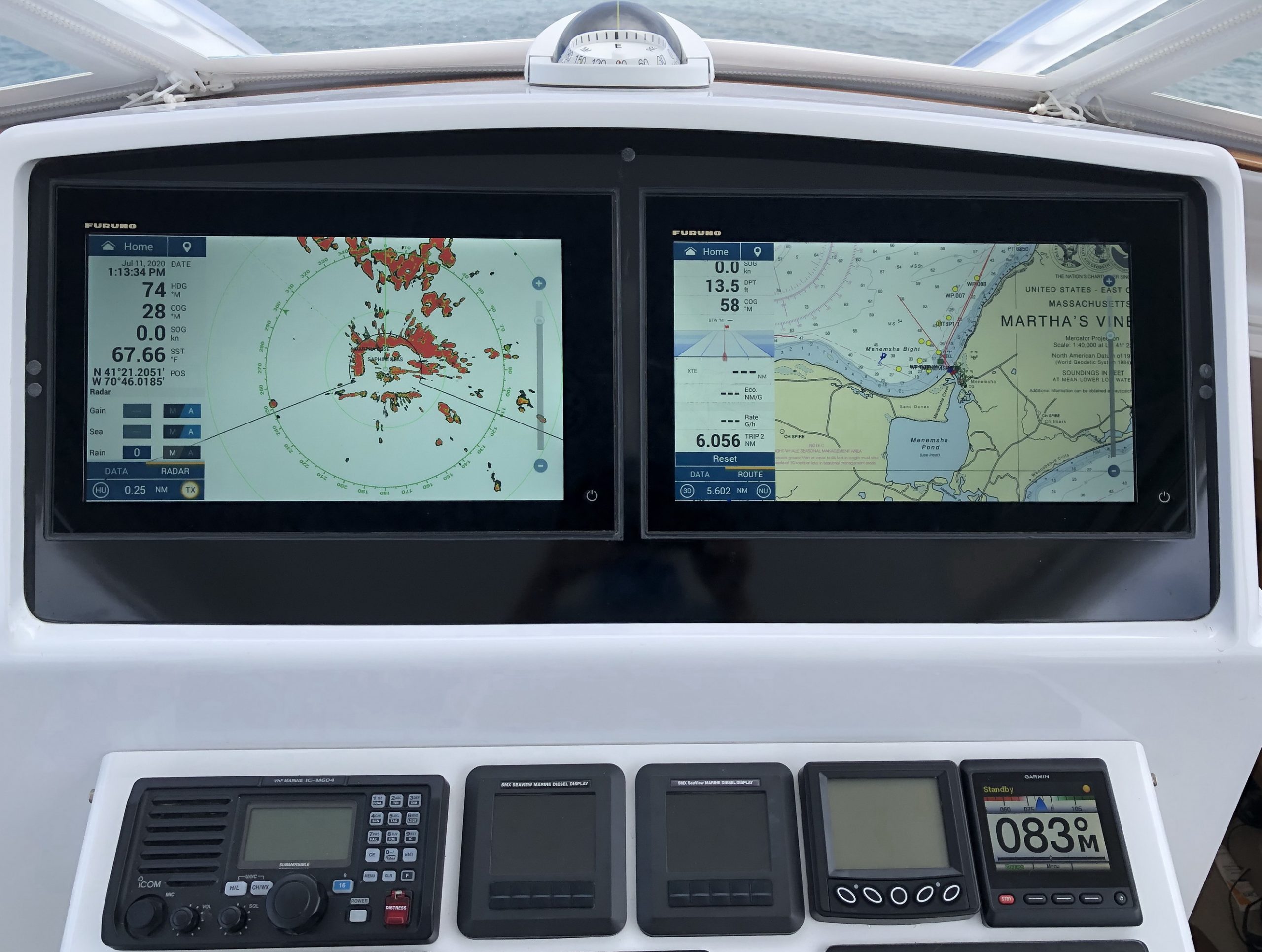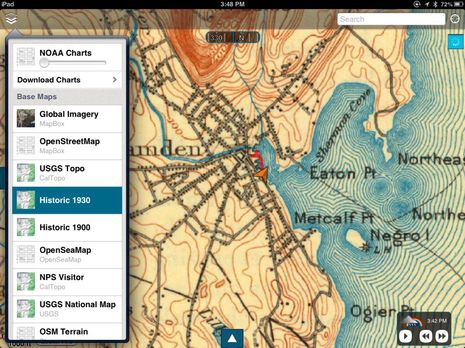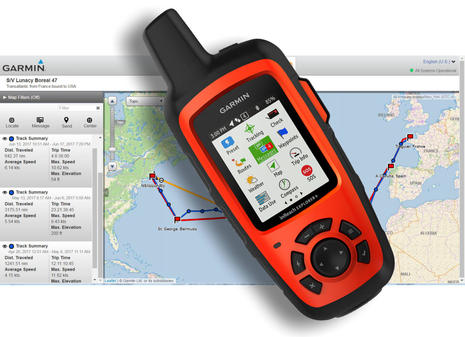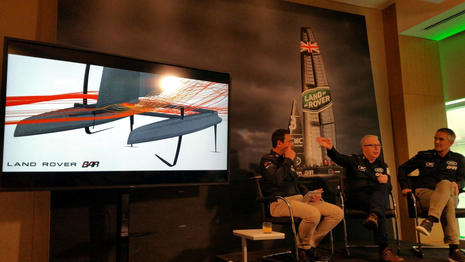Antique maps, super high resolution & free
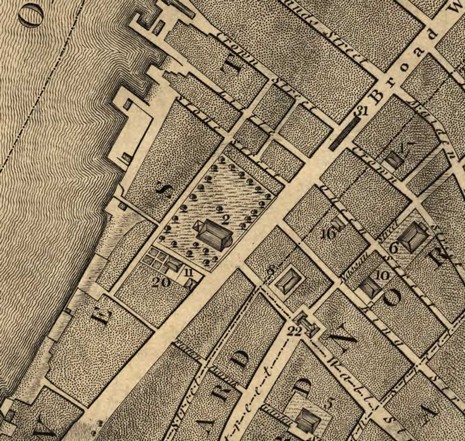
Back in April I noodled about the historical precedents to some of the neat features–like “points of interest” ashore–now coming to electronic charts. I showed a bit of a fabulous 1650 map of New England and promised to one day explain how to get your hands on high resolution scans like these. Today’s the day! The source is the Library of Congress (LOC) Map Collection. Here’s a link to the full 1767 map of lower Manhattan snipped above, and here’s to 1650 New England. You can zoom around the online images but having the full resolution files on your hard drive is, of course, more fun, and they print very nicely. (Shown above, by the way, is the intersection of Broadway and Wall St. with Trinity Church, still there, keyed to a reference list with the “2”. Part of my strong interest in this particular area is that the dock upper left on Little Queen St., now Thames St. and 6 blocks inshore from the Hudson, belonged then to Ellisons. Wish the land still did!)
But there is a problem with downloading these images, even assuming a 7.5 meg file is doable with your Internet connection. Some, like these, are in JPEG2000 (.jp2) format and others are in an even more obscure format called MrSID (.sid). Fortunately there’s a nice freeware program called Irfanview that will read both formats and convert the images into .jpg or whatever. It’s all a bit of trouble, but the maps and charts available from the LOC are fascinating. I dare say that one day some terrabyte plotter or charting program will include them as a sort of historical overlay. And, finally, if you are interested in how Manhattan and America really got started, check out Island at the Center of the World, which also has a Web site that makes use of old cartography.


